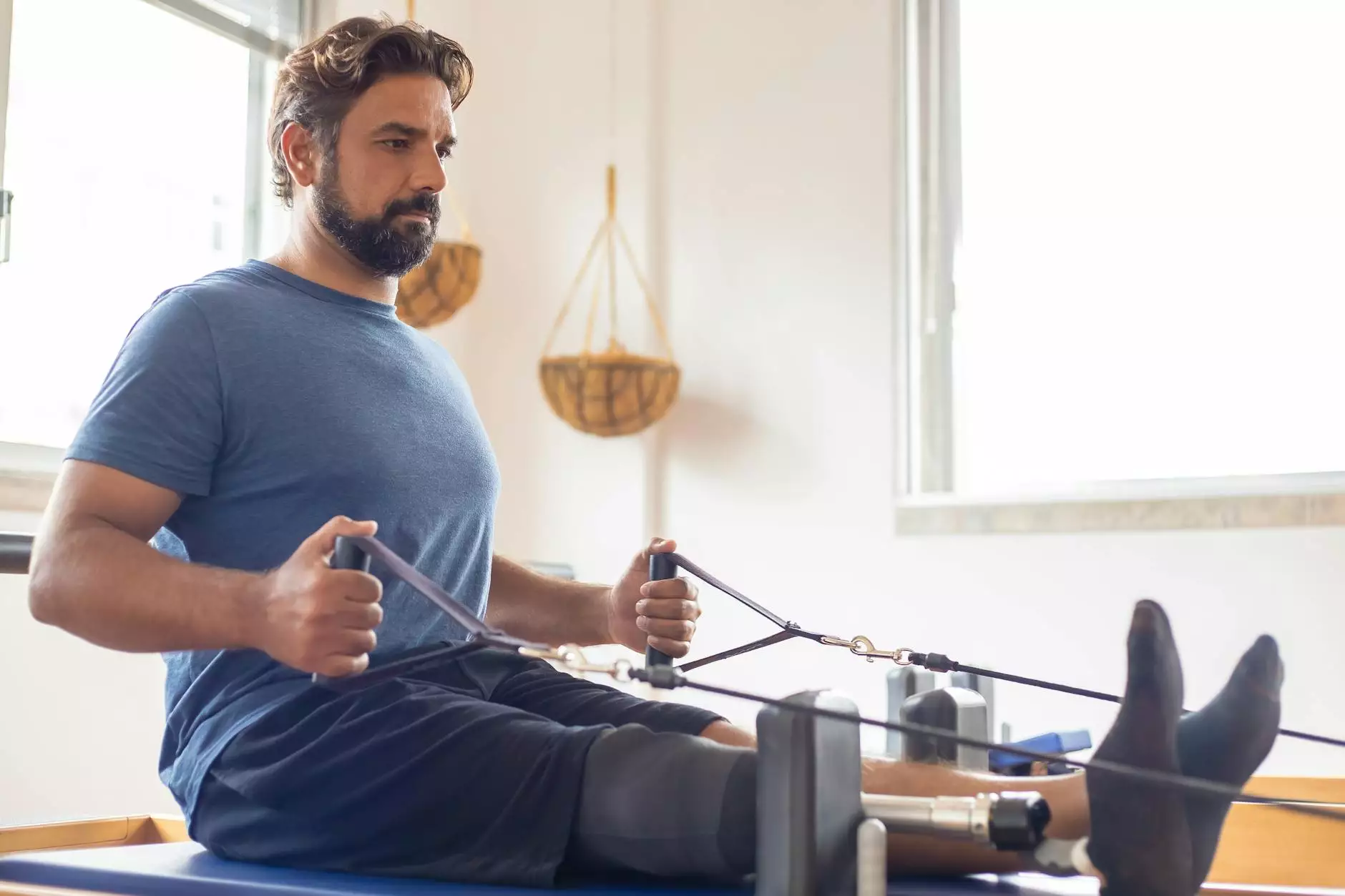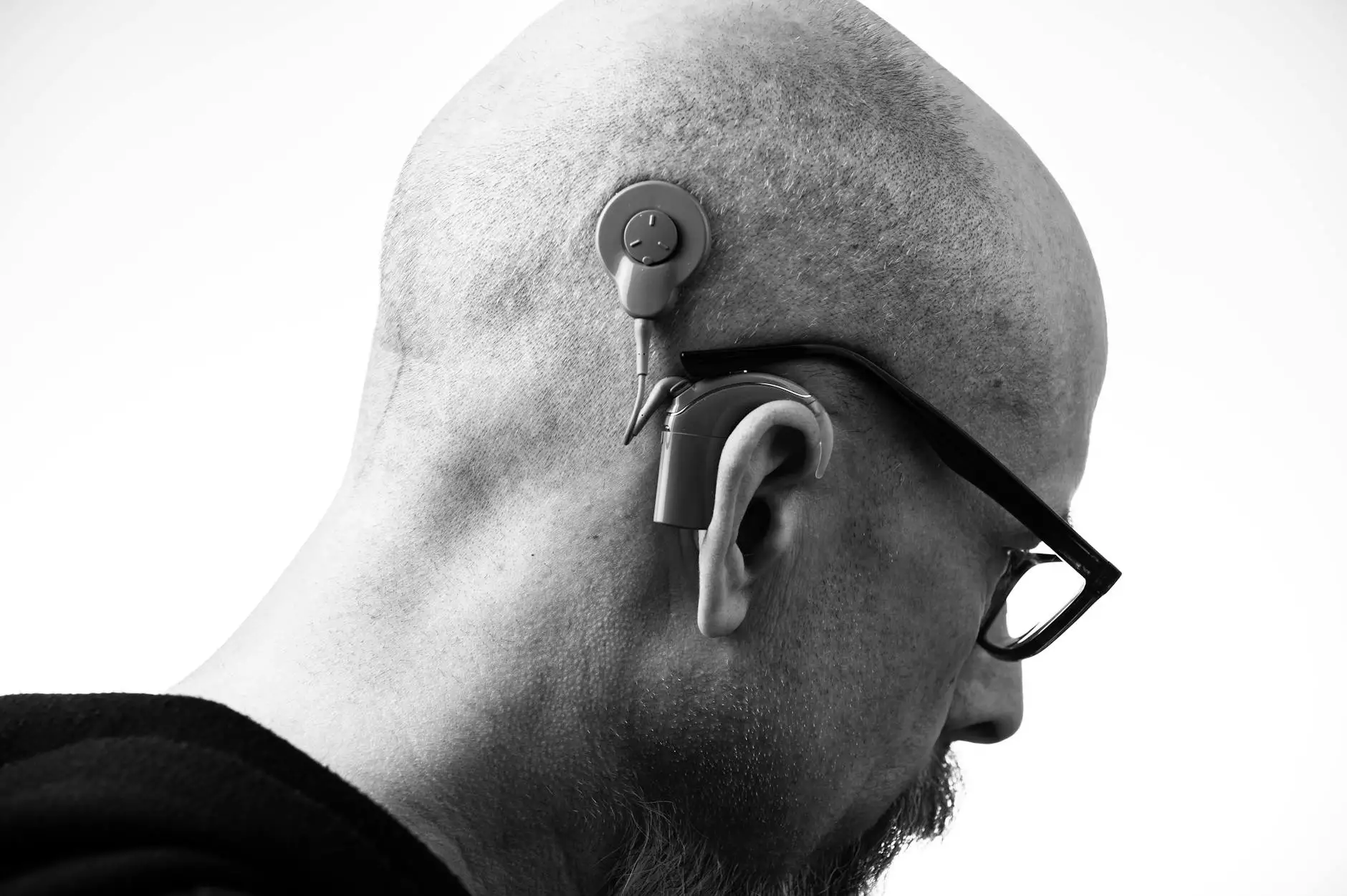Types Of Therapy You May Need After An Auto Accident
Health
Introduction
Auto accidents can have a significant impact on both your physical and mental well-being. Even a minor collision can leave you with injuries and trauma that require professional therapeutic intervention. At Ageless Wisdom Magazine, we understand the importance of providing detailed information on the various types of therapy you may need after an auto accident to aid your recovery in the best possible way.
Physical Therapy
One of the most common types of therapy recommended after an auto accident is physical therapy. Physical therapy helps restore your body's function and movement following injuries sustained in the accident. A qualified physical therapist will assess your injuries and create a personalized treatment plan that may include exercises, stretches, and modalities such as heat and cold therapy. By following a physical therapy program, you can regain strength, flexibility, and alleviate pain caused by the accident.
Occupational Therapy
Occupational therapy focuses on helping individuals regain their ability to perform daily activities and tasks. After an auto accident, you may experience limitations in your ability to perform certain activities due to physical or cognitive impairments. An occupational therapist will work with you to develop strategies and provide interventions to improve your independence and overall functioning. Whether it's relearning basic self-care tasks or adapting your work environment, occupational therapy can play a vital role in your recovery.
Speech Therapy
If you have suffered a head injury or trauma during an auto accident, speech therapy may be recommended to address any communication or swallowing difficulties you may be facing. A speech therapist will evaluate your speech and language abilities and design a tailored treatment plan to help you regain or improve your communication skills. Additionally, they can assist in rehabilitating swallowing disorders that may have arisen due to the accident.
Psychological Therapy
Auto accidents can leave lasting psychological effects, such as anxiety, post-traumatic stress disorder (PTSD), or depression. It is crucial to address these emotional and mental aspects of recovery alongside physical therapy. Psychological therapy, including cognitive-behavioral therapy (CBT) and counseling, can help you process trauma, manage anxiety, and overcome any emotional challenges associated with the accident. By seeking psychological therapy, you can regain control of your mental well-being and work towards healing.
Chiropractic Therapy
Chiropractic therapy is a non-invasive treatment option that focuses on the musculoskeletal system, particularly the spine. After an auto accident, you may experience misalignments or subluxations in your spine, leading to pain and restricted movement. A chiropractor will use manual adjustments, spinal manipulation, and other techniques to realign your spine, reduce inflammation, and alleviate discomfort. Chiropractic therapy can be effective in managing whiplash, back pain, and other common auto accident-related injuries.
Massage Therapy
Massage therapy offers numerous benefits for individuals recovering from auto accident injuries. Through targeted techniques, a licensed massage therapist can help improve blood circulation, reduce muscle tension, and promote overall relaxation. Massage therapy can contribute to pain relief, enhance flexibility, and support the healing process of injured muscles and soft tissues. It is a complementary therapy that can work hand in hand with other treatment modalities to enhance your recovery.
Conclusion
Recovering from an auto accident involves addressing both the physical and emotional aspects of your well-being. The various types of therapy discussed in this article, including physical therapy, occupational therapy, speech therapy, psychological therapy, chiropractic therapy, and massage therapy, can significantly aid in your recovery journey. Ageless Wisdom Magazine is dedicated to providing valuable insights and comprehensive information on various types of therapy to ensure you have the necessary knowledge to make informed decisions regarding your post-auto accident recovery.
Remember, it is always essential to consult with healthcare professionals specialized in these respective fields to assess your unique condition and determine the most suitable therapy approaches for your specific needs. By taking proactive steps towards seeking therapy after an auto accident, you can effectively regain your physical and emotional well-being, allowing you to get back to living a fulfilling life.




